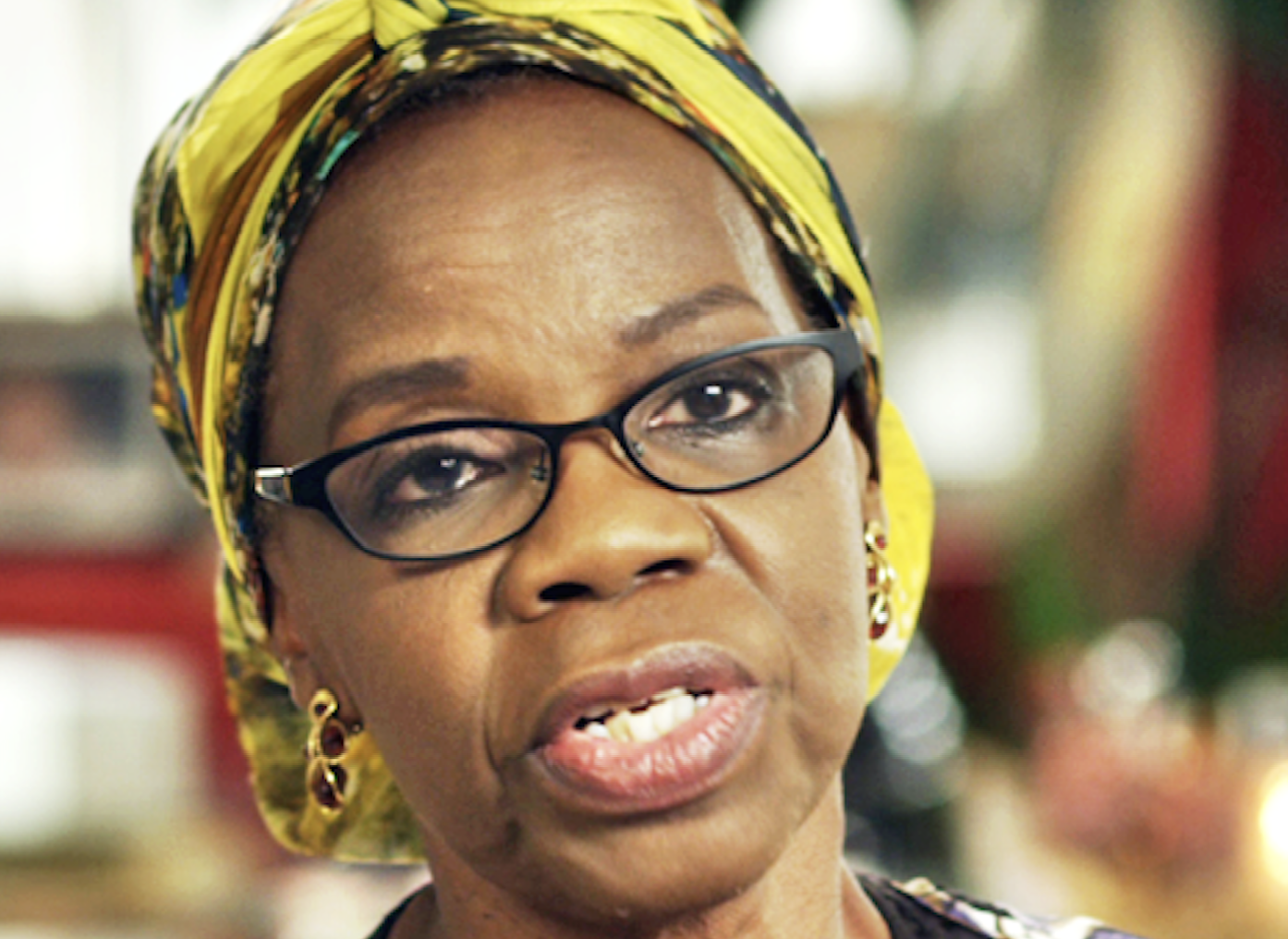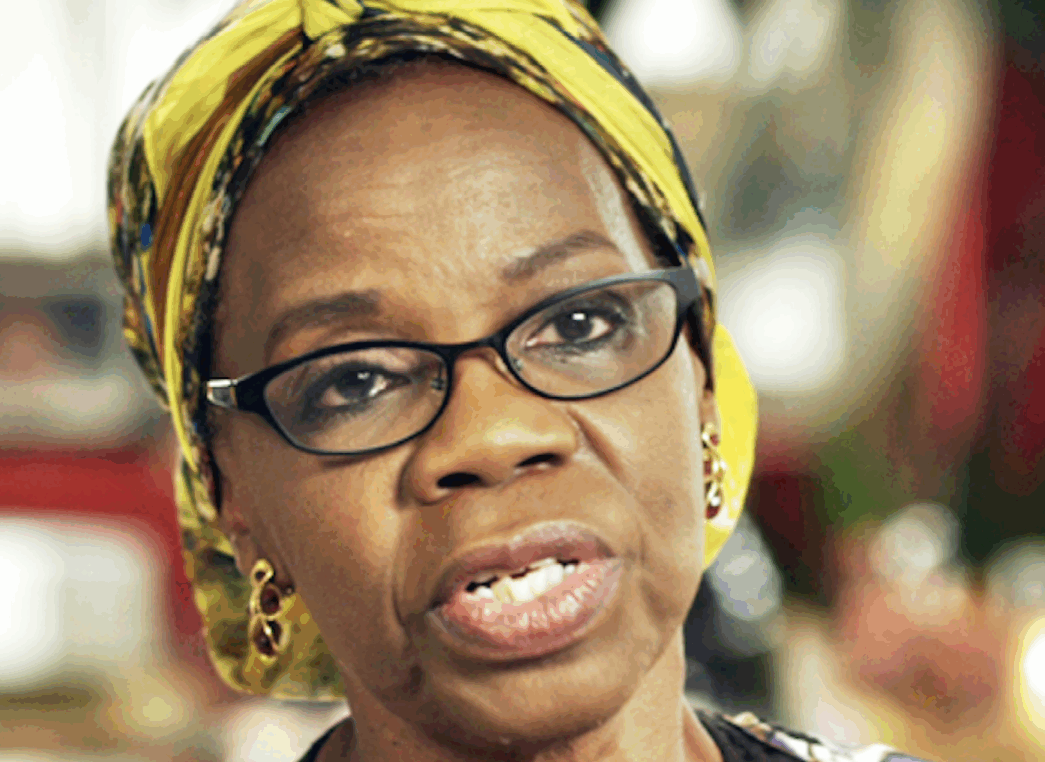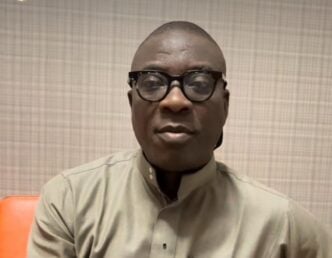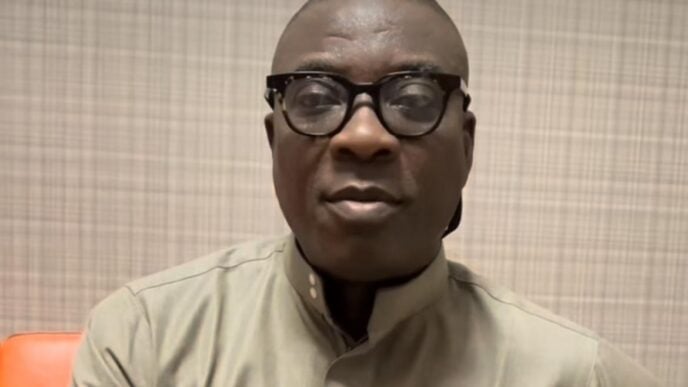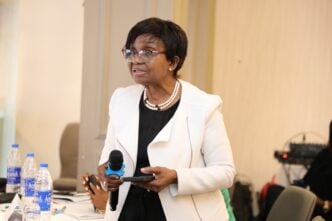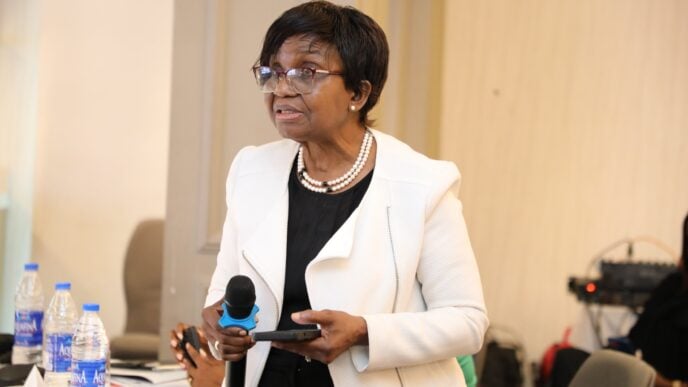Doyin Abiola became the editor of National Concord in 1980, marking a historic milestone as the first Nigerian woman to lead a national daily
Often, history can be unkind to accomplished women, especially those married to or relatives of illustrious men. Their feats, regardless of their visibility, are swept unceremoniously underneath the statues of the men they share their last names with.
A foremost women’s rights activist is reduced to the mother of this male singer. A trailblazing professor of science is solely identified as the sister of that legendary author. The country’s first female newspaper editor is simply described as the widow of a legendary politician.
Doyin Abiola joined the media scene at a time in Nigerian journalism when newsrooms were loud with the rumble of typewriters and the shuffle of newspaper sheets, and leadership was but a man’s birthright. She redesigned the blueprint of how power moved within the industry for the nation’s womenfolk.
Moreover, she pursued journalistic excellence and leadership at a period when the military held sway in Nigeria and the press was suppressed.
Advertisement
She passed away on Tuesday, aged 82, after a brief illness.
FROM REPORTING TO PHD IN COMMUNICATION
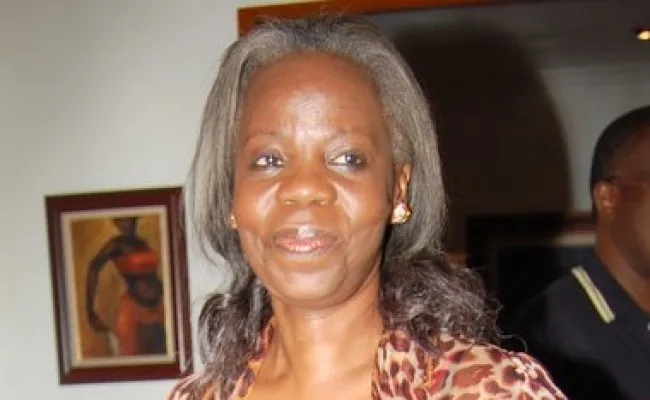
Adedoyinsola Abiola was born to the Aboaba family in 1943. She was one of the three daughters of a civil servant and a diligent housewife who insisted on the importance of education.
Advertisement
Following her graduation from the University of Ibadan (UI) in 1969 with a degree in English and Drama, Doyin began her journalism career at the Daily Sketch and soon after launched a weekly column titled “Tiro”, a platform she used to explore pressing public issues, including gender equality in a society unaccustomed to female voices in print media.
In 1970, she travelled to the United States to pursue a master’s degree in journalism. Upon her return, she joined the Daily Times where she was offered the position of “woman editor”, an offer she rejected because she felt the role was an attempt to constrict her talents. She was later employed as a features writer and rose to become the group features editor.
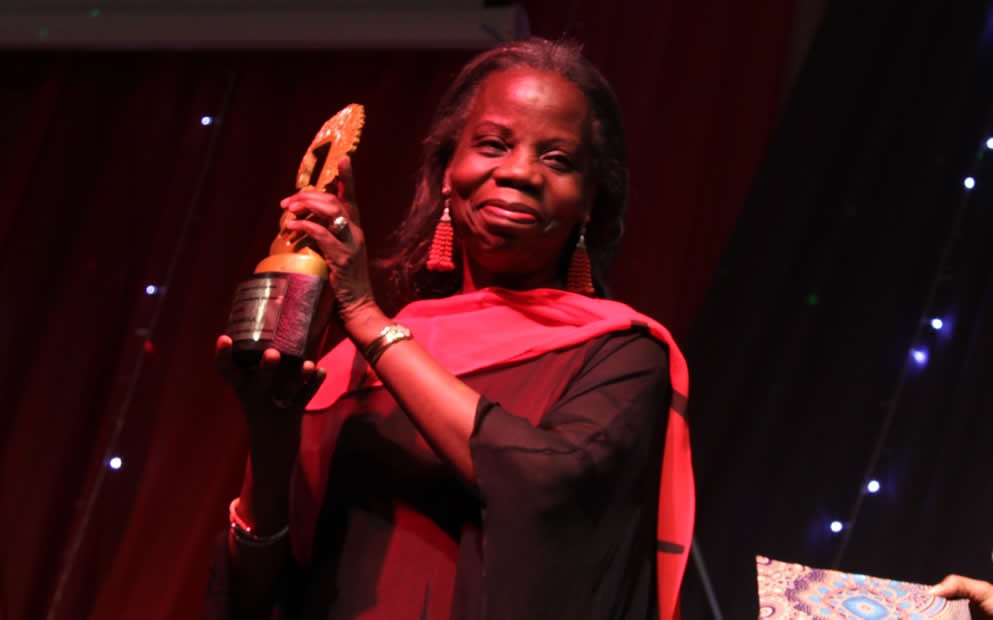
Doyin proceeded on study leave and obtained a PhD in communication and political science at the New York University in 1979. She returned to Nigeria after her doctorate and worked briefly at the Daily Times before moving to National Concord published by billionaire businessman and politician, Moshood Abiola. The newspaper was first printed on March 1, 1980.
In the same year, Doyin became the editor of National Concord, marking a historic milestone as the first Nigerian woman to lead a national daily. Six years later, in 1986, she broke yet another barrier when she was appointed editor-in-chief and managing director of the publication — the first Nigerian woman to hold both roles at a major newspaper.
Advertisement
BIRTHED NIGERIA’S FIRST SATURDAY NEWSPAPER
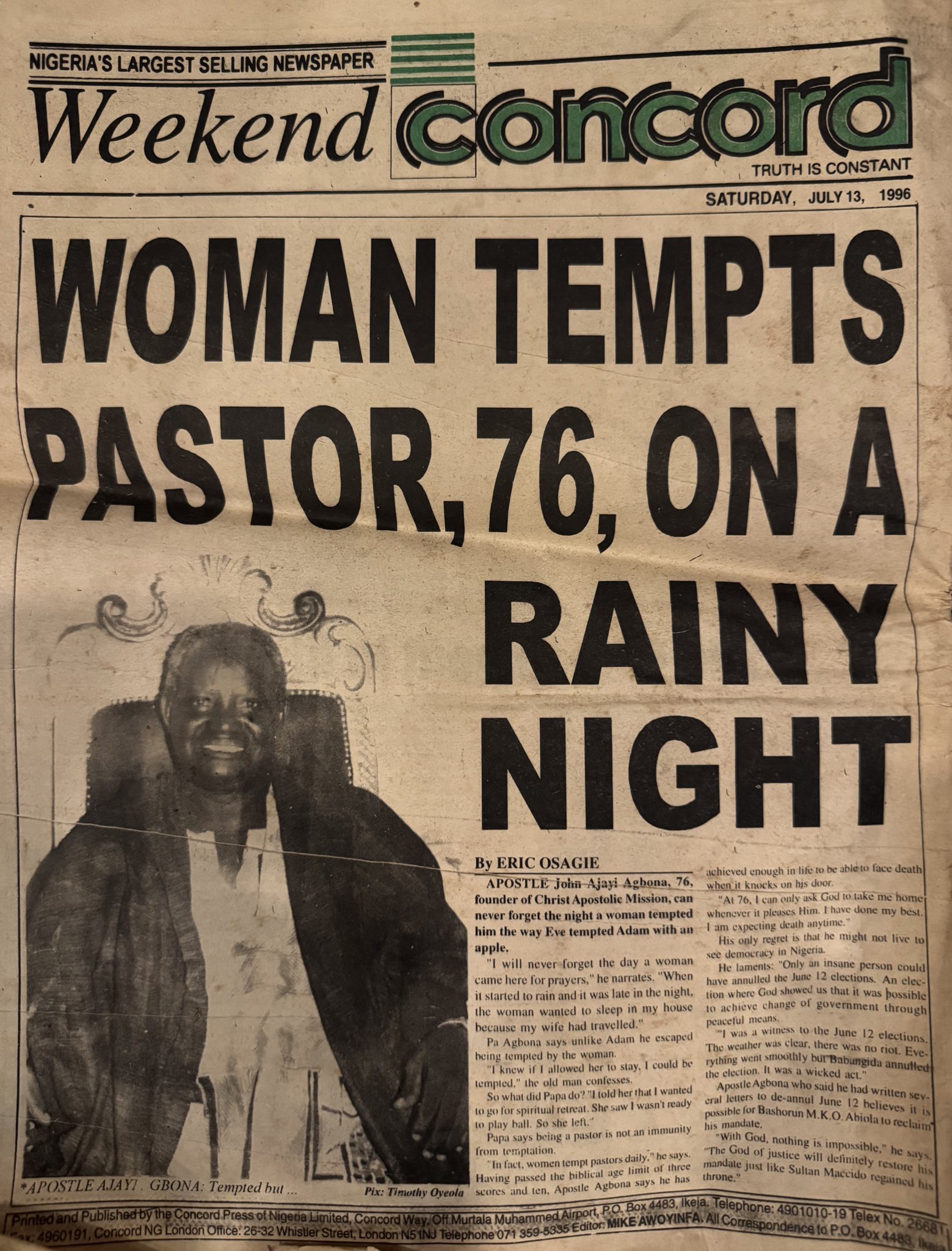
One business and editorial success story in Concord is the idea of Weekend Concord, Nigeria’s first Saturday paper. As managing editor, in 1989, Doyin pioneered the Saturday-only newspaper which eventually became known as Weekend Concord, transforming Saturdays from a “day of loss” for the journalism business to a day of fun and entertainment for news consumers.
Doyin recounted that the idea came to her while she was on holiday abroad. Meditating on why Saturdays were slow business days, she reviewed the content of the weekend newspaper of her host country and saw a market that could be mirrored and domesticated for her Nigerian audience.
“I began to see a market for a leisurely, people-oriented Saturday newspaper in Nigeria. My feeling is that if you give the readers what they need, then they would buy your paper. But if you publish what they don’t need, then they wouldn’t buy your paper,” Doyin said.
Advertisement
“I am proud to say we changed the face of newspapers on Saturday. We started the Weekend Concord and it became the in-thing. Everybody cashed in on it. Before then, nobody was making money on Saturdays.
“I am still proud of what we have succeeded in doing on Saturdays. Since we started Weekend Concord in 1989, it has remained the largest-selling newspaper in Nigeria.”
Advertisement
In a tribute for her 80th birthday, Mike Awoyinfa, whom Doyin tasked with preparing the dummy for Weekend Concord, described his time at the publication as “the best years of my newspaper life”.
“We were young, creative, adventurous and bellicose when it came to news,” Awoyinfa said.
Advertisement
Some of the early reporters for the Weekend Concord were Shola Oshunkeye, Femi Adesina, and Dele Momodu.
Oshunkeye went ahead to become CNN African Journalist of the Year (2006), and editor of The Spectator Newspaper, as well as MD/editor-in-Chief, The Sun of Ghana.
Advertisement
Adesina became editor of National Concord, Daily Sun; MD/editor-in-chief, The Sun Newspapers; president, Nigerian Guild of Editors; and later special adviser, media and publicity to ex-President Muhammadu Buhari.
On his part, Momodu went on to become editor of Classique Magazine, and publisher/chairman of Ovation International Media Group.
‘ABIOLA, THE BEST THING THAT EVER HAPPENED TO ME’
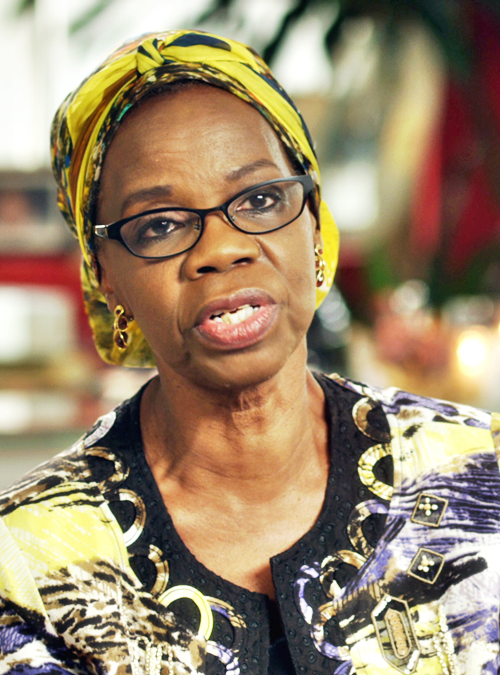
Doyin left behind her white boyfriend once she graduated from New York University, returned to Nigeria and entered a traditional polygamous marriage to Abiola in 1981 – an adaptation which she said suited her.
The marriage tethered her to the stormy centre of Nigerian politics, especially the crisis that trailed the annulment of the 1993 presidential election which MKO presumably won. They had been married for 17 years when Abiola died in prison where he spent the last three years of his life.
She was his fourth wife, and they spent the first decade of their marriage living apart. Though born into an Anglican home, Doyin converted to Islam, her husband’s religion, and found it “surprisingly progressive in its approach to women”.
In 2001, at a time when the cause of Abiola’s death was still very much contentious, Doyin said she was in no doubt that her husband was killed.
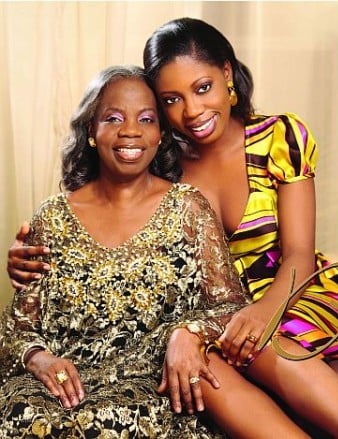
“I do not know what he died of. The Oputa panel, which is like your truth and reconciliation commission, is still sitting and the revelations that are emerging leave no doubt that my husband was killed in jail,” she said.
She described MKO as the best thing to have happened to her, and “the first man to respect me for who I am” because of the freedom and support he gave her to express herself.
“I have never met any other human being as good, caring, and loving as him. If you ask me, if I have to do it all over again, I will go for him. He was a good human being,” She told TheSun in 2020.
In later years, she retreated from the limelight, turning her energy to media consultancy and development, advocacy for press freedom, and quiet mentorship. She served as the chairperson of the nominating panel of the Nigerian Media Merits Award, and also as chairperson of the CNN African Journalist of the Year Awards.
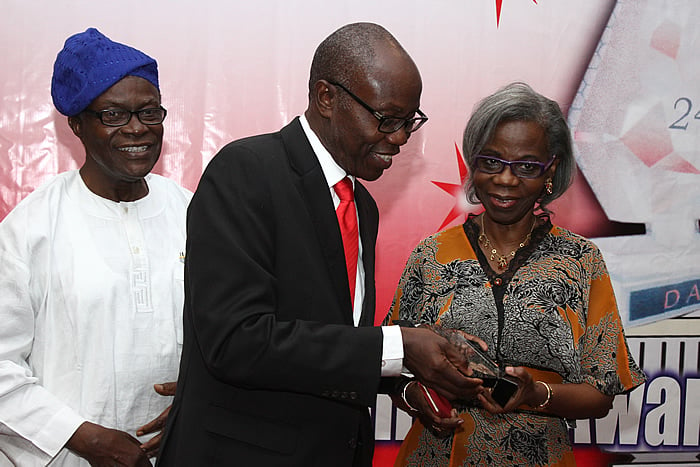
She was also a recipient of the DAME Lifetime Achievement Award in 2015.
Tributes continue to flow for Doyin Abiola, not just in mourning, but in awe. She did not just report the news, she shaped the industry, set standards, and showed that brilliance and integrity could co-exist in leadership.
As the curtain falls, her byline may rest, but her legacy will keep printing itself in the stories of those she inspired.
Reporting by Jemilat Nasiru and Idris Shehu.
